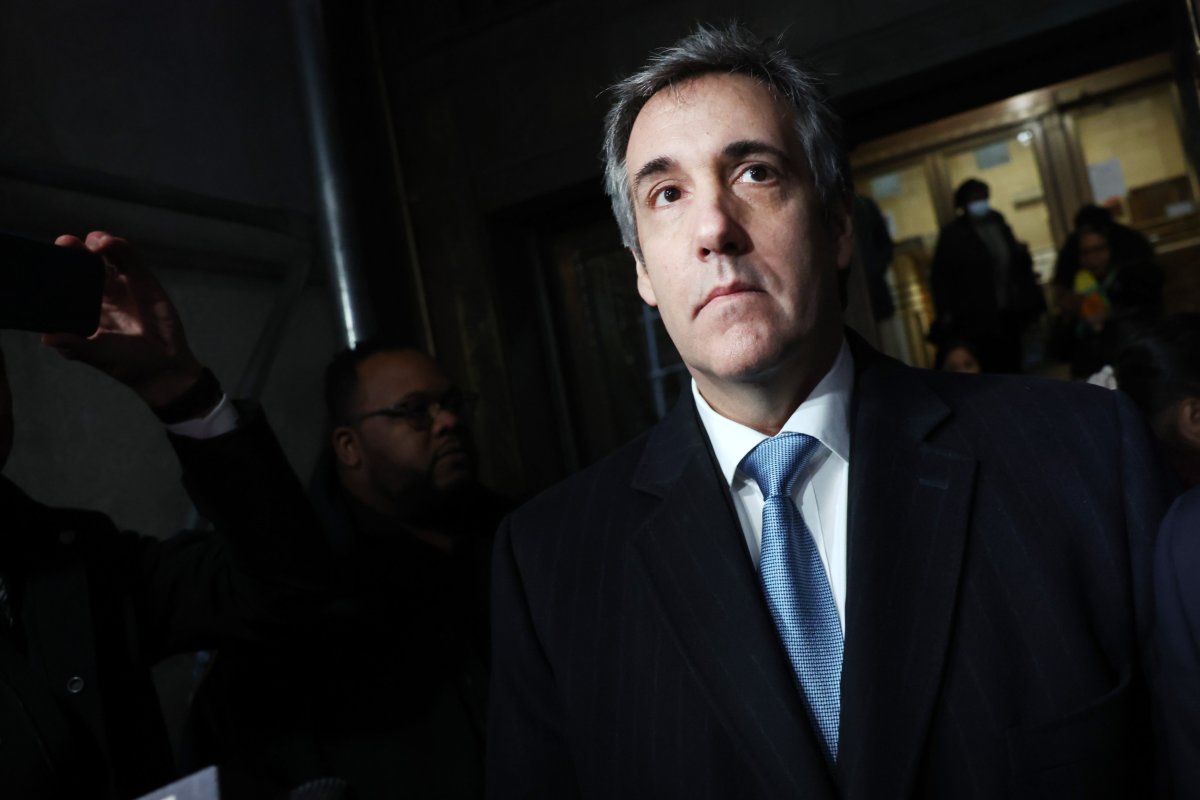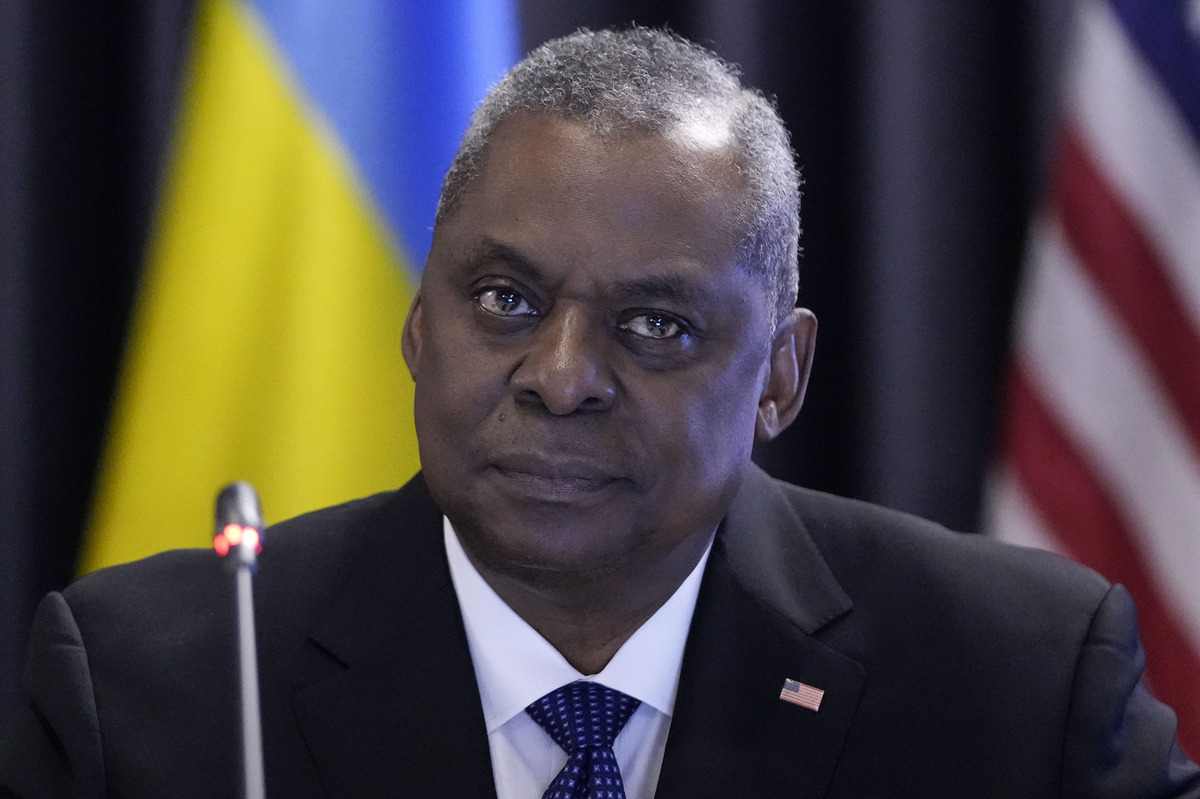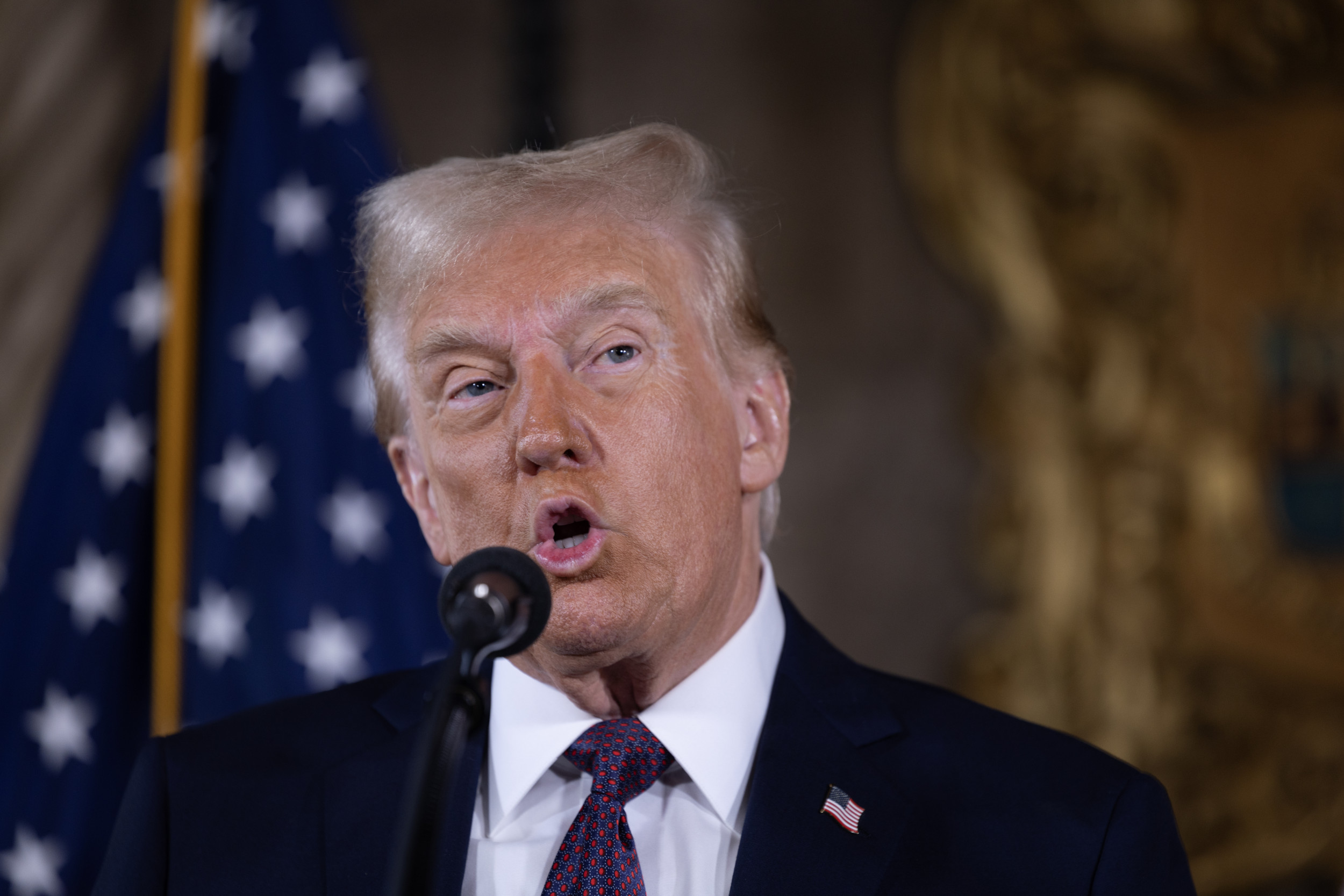Michael Cohen, once President-elect Donald Trump's personal attorney and self-described fixer, has a clear message for those considering working in a new Trump administration: proceed with caution.
In a recent interview with CNN's Jim Acosta, Cohen reflected on the risks of working for Trump and the fallout many of his former allies, including himself, have faced.
Why It Matters
Cohen's caution comes from personal experience. Hired as Trump's special counsel in 2007, he was quickly entrusted with sensitive tasks ranging from negotiating vendor disputes to burying stories that might tarnish Trump's public image.
However, his loyalty eventually led to his undoing. In 2018, Cohen pleaded guilty to federal charges, including campaign finance violations and lying to Congress, for his role in a hush-money scheme involving former adult film actor Stormy Daniels. His actions landed him in prison for three years.
What To Know
During an interview with CNN, Cohen discussed the risks of working for Donald Trump and the consequences faced by many of his former allies, including himself. When asked what advice he would offer to the incoming Cabinet, Cohen drew from his own experiences.
"They should be careful," Cohen said. "Look at Rudy Giuliani. Like Icarus flying too close to the sun, he fell. The same thing happened to me and others in Trump's orbit."
As Cohen told CNN, the disparity in accountability between himself and Trump highlights a glaring issue in the justice system and serves as a stark warning to his staffers.
"He's not the same as you and me. I went to prison for, in part, many of the things that Donald Trump was found guilty of—those 34 counts. Why does the justice system treat me differently? Because he's president of the United States."

His downfall mirrored that of other Trump insiders, including former New York Mayor Giuliani, former national security adviser Michael Flynn, and former Trump campaign chair Paul Manafort, who all faced legal and professional setbacks after their time in Trump's orbit.
"This isn't unique to me," Cohen said. "It's a pattern."
Cohen also addressed Trump's penchant for dramatic proposals, such as acquiring Greenland or annexing Canada. While some of Trump's aides have dismissed these ideas as strategies to gain leverage, Cohen believes Trump may genuinely consider them.
"If other countries are annexing territory, why wouldn't Donald Trump think of doing the same thing?" Cohen asked, comparing Trump's rhetoric to geopolitical moves by Russia and China.
Cohen also criticized Democrats for underestimating Trump's appeal and strategy.
"We, as Democrats, have to start living in reality," he said. He urged Democrats to focus on grassroots mobilization and messaging ahead of the 2026 midterm elections.
"Trump is a better messenger than we are, and we need to change our approach," Cohen said.
What People Are Saying
President-elect Donald Trump, on Truth Social: "There has never been a President who was so evilly and illegally treated as I. Corrupt Democrat judges and prosecutors have gone against a political opponent of a President, ME, at levels of injustice never seen before."
Trump communications director Steven Cheung, in a statement to Newsweek: "This lawless case should have never been brought and the Constitution demands that it be immediately dismissed...There should be no sentencing, and President Trump will continue fighting against these hoaxes until they are all dead."
What Happens Next
Trump's Cabinet nominees must now go through the Senate confirmation process. Each nominee will face scrutiny from a relevant Senate committee, which will evaluate their qualifications, background, and ethics disclosures. After committee hearings, the Senate will vote on their confirmation, requiring a simple majority for approval.
In recent years, the confirmation process has slowed considerably. The three presidents in office before Trump's first term had more than 200 nominees confirmed within their first 200 days in office.
By comparison, Trump had 119 nominees confirmed, while Biden had 118, partly because Trump nominated far fewer individuals than his predecessors.




















 English (US) ·
English (US) ·